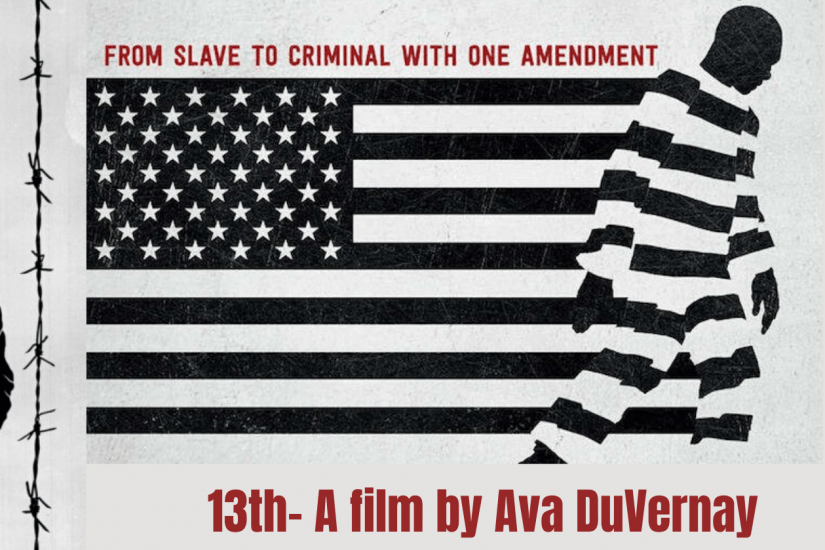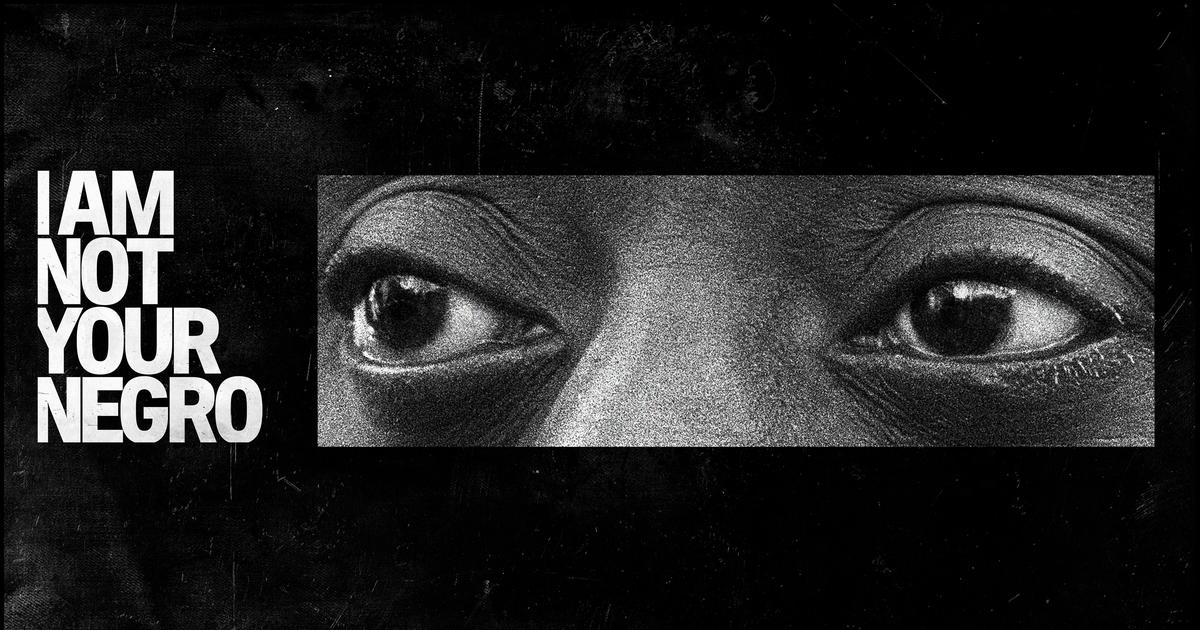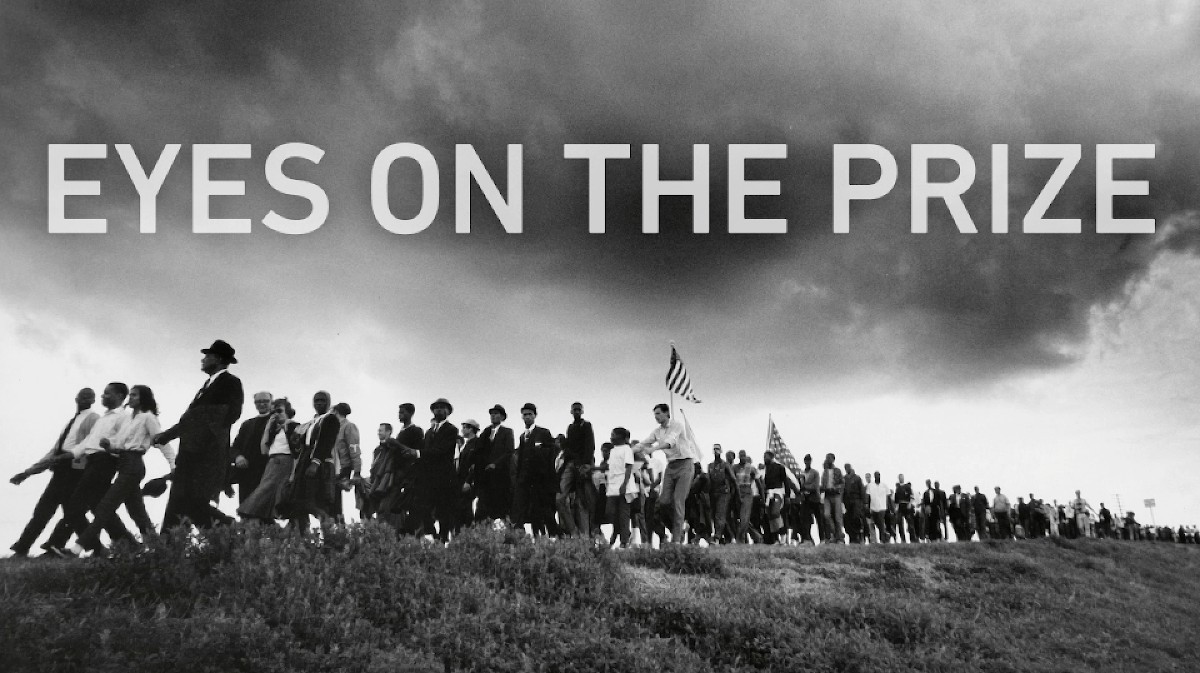African American documentaries are a powerful medium for preserving the rich cultural and historical experiences of Black people in America. These films capture the essence of African American life and have been instrumental in bringing attention to important issues and amplifying the voices of marginalized communities.
Through these documentaries, filmmakers have been able to highlight the struggles and triumphs of African Americans, documenting their stories and creating a platform for their narratives. These films serve as a testament to the resilience and strength of Black people and provide a valuable resource for those seeking to learn more about the African American experience.
In this blog, we will explore some of the most impactful African American documentaries, including those that delve into the lives of Mary Church Terrell and Fannie Lou Hamer. We will examine the importance of preserving African American history and culture and how documentaries can be a powerful tool in achieving this goal. So join us as we delve into the world of African American documentaries and discover the incredible stories they have to tell.
Join the PERA (Personal Entertainment Research Assistant) waitlist.
The World’s Most Indispensable Movie App
The RunPee app tells you the best times to
run & pee during a movie
so you don't miss the best scenes.
Download the RunPee app.
100% free (donation supported)
Mary Church Terrell Documentary Film
“Dignity and Defiance: A Portrait of Mary Church Terrell” is a biographical documentary that explores the remarkable life and legacy of Mary Church Terrell, a leading African-American suffragist, civil rights activist, and educator. Born into a prominent family in the late 19th century, Terrell dedicated her life to fighting for social justice and equality for African Americans, women, and other marginalized groups. Through interviews with scholars and historians, as well as archival footage and photographs, this film paints a vivid portrait of Terrell’s extraordinary achievements and enduring influence on American history.
Mary’s Early Life and Education
Mary Church Terrell was born in Memphis, Tennessee, in 1863, the daughter of Robert Church, a successful businessman, and philanthropist. She had a privileged upbringing and access to school because her family was one of the nation’s richest and most powerful Black families.
One of the first African American women to graduate from a four-year institution, Terrell received a bachelor’s degree from Oberlin Institution in 1884. She continued her education, attending school in Europe and mastering several languages.
Activism and Advocacy for Civil Rights
When Terrell joined the National Association of Colored Women (NACW) in the late 19th century, her agitation officially got underway. She worked to address issues including lynching, segregation, and African Americans’ ability to vote as a member of the NACW.
As a founding member of the National Association for the Advancement of Colored People (NAACP) in 1909, Terrell was also an outspoken supporter of women’s suffrage. She was the first Black woman to serve on the executive board of the NAACP, where she collaborated with well-known civil rights activists, including W.E.B. Du Bois and Ida B. Wells.
What people are saying
about the RunPee app.
July 11, 2019
I’ve loved this app for years and use it at the theater and home. Super easy to use and so helpful to know when it’s a good time to run for the restroom. I notify my kids when it’s close to time, so I don’t end up running them to the restroom multiple times. (Updated review from 4 to 5 . I’d had an issue with the app while at the theater and it was quickly resolved with FANTASTIC customer service. Thanks, RunPee!)
View all reviews
Apple App Store | Google Play Store
Download RunPee app
Terrell was an effective public speaker and writer who used her position to fight for equal rights for all people throughout her career. She was a significant player in the campaign to desegregate restaurants and other public accommodations in Washington, D.C. She was particularly outspoken in her opposition to segregation and discrimination in public settings.
Legacy and Impact on the Civil Rights Movement
Mary Church Terrell made significant contributions to the civil rights movement. The foundation for the Civil Rights Movement of the 1950s and 1960s was laid by her activity and support for equal rights for women and African Americans.
Early in the 20th century, Terrell’s work raised awareness of the problem of racial injustice and prejudice, and her campaigns to desegregate public places served as a model for subsequent campaigns for desegregation and integration.
Terrell’s impact is also felt in her writing, which includes several influential essays on race and gender, including “What It Means to be Colored in the Capital of the United States” and “The Progress of Colored Women.” Her works are still a significant part of the history of the African American Civil Rights Movement and continue to inspire academics and activists today.
Documentary Film on Fannie Lou Hamer
“This Little Light of Mine: The Legacy of Fannie Lou Hamer” is a documentary that tells the remarkable story of Fannie Lou Hamer, a prominent figure in the civil rights movement. Her tireless activism and courageous efforts to fight for voting rights and racial equality have made her an enduring symbol of resistance and perseverance. Through interviews with family, friends, and colleagues, as well as rare archival footage, this powerful film sheds light on the life and legacy of a true American hero.
Early Life and Struggles of Fannie
Hamer was born in rural Mississippi in 1917, the youngest of 20 children. She was compelled to leave school at a young age to support her family because she was raised in poverty. Following his conversion to sharecropping, Hamer experienced the harshness of Jim Crow laws and racist violence.
Hamer was motivated to participate in the Civil Rights Movement after attending a conference held by the Student Nonviolent Coordinating Committee (SNCC) in 1962. She immediately rose to prominence in the movement and was renowned for her passionate orations and steadfast dedication to justice.
Leadership in the Civil Rights Movement
Her efforts to guarantee voting rights for African Americans in Mississippi were a defining characteristic of Hamer’s leadership in the Civil Rights Movement. In 1964, she co-founded the Mississippi Freedom Democratic Party (MFDP) and assisted in planning voter registration operations.
Hamer frequently paid a high personal price for his activism and advocacy. She was assaulted, imprisoned, and frequently threatened with violence by white nationalists. Despite these obstacles, Hamer remained firm in her dedication to the cause of justice, famously saying, “I’m sick and tired of being sick and tired.”
Legacy and Impact on Voting Rights
Her efforts to ensure African Americans’ ability to vote to remain a key part of Hamer’s legacy as a symbol of the civil rights movement. Her action and advocacy encouraged others to join the struggle for equal voting rights and helped draw attention to the problem of voter suppression in the South.
Her address before the Democratic National Convention in 1964, in which she talked passionately about the violence and discrimination experienced by African American voters in Mississippi, was the culmination of Hamer’s work. President Lyndon B. Johnson was motivated to enact the Voting Rights Act of 1965 by her testimony, which helped bring voting rights into the national spotlight.
Activists are still motivated by Hamer’s legacy today, especially in the battles for equal voting rights and against voter intimidation. Her inspirational words and an unyielding dedication to justice serve as a reminder of the significance of activism and advocacy in the ongoing fight for social justice and civil rights.
Other Notable African American Documentaries
While the Mary Church Terrell and Fannie Lou Hamer documentaries highlight the remarkable lives of two important figures in the Civil Rights Movement, countless other documentaries explore African Americans’ history, culture, and struggles in the United States. A few notable African American documentaries are listed below:
“13th” by Ava DuVernay
Ava DuVernay’s “13th” is a provocative documentary examining the background of racism and mass incarceration in America. The 13th Amendment to the U.S. Constitution, which outlawed slavery but permitted the use of forced labor as a punishment, is referenced in the title. The movie makes the case that politicians and businesses have taken advantage of this loophole to establish a system of mass incarceration that disproportionately impacts Black people.
“13th” has considerably influenced public dialogue and policies about criminal justice reform since its debut in 2016. The movie has received accolades for its potent storytelling and sharp examination of America’s systematic racism.
“I Am Not Your Negro” by Raoul Peck
Filmmaker Raoul Peck’s documentary “I Am Not Your Negro” is based on the writings of James Baldwin, one of the Civil Rights Movement’s most important authors and philosophers. The movie examines Baldwin’s life and career and his interactions with other influential members of the movement like Medgar Evers, Martin Luther King Jr., and Malcolm X.
The compelling way “I Am Not Your Negro” used Baldwin’s words to examine America’s history of racism and oppression won praise from critics. The movie has received appreciation for its creative and intellectual complexity and for being timely in light of current racial and social fairness conversations.
“Eyes on the Prize” by Henry Hampton
Henry Hampton’s groundbreaking documentary series “Eyes on the Prize” examines the Civil Rights Movement’s history from 1954 through 1985. In addition to archive videos and images, the series includes interviews with activists, politicians, and citizens who participated in the movement.
“Eyes on the Prize” has been considered one of the most significant and impactful documentaries about the Civil Rights Movement since it was first shown in 1987. The series has received accolades for its thorough and complex examination of the movement and its full use of storytelling and historical material.
Finally, among many others, these documentaries serve as crucial reminders of America’s ongoing fight for social justice and civil rights. These movies encourage us to keep striving for a more just and equitable society by examining African Americans’ history, culture, and hardships.
Conclusion
In conclusion, African American documentaries play a critical role in preserving and sharing Black Americans’ history, culture, and struggles. These films give us a deeper understanding of the injustices and oppression. Black people face in America, as well as the resilience and strength of the African American community.
The Mary Church Terrell and Fannie Lou Hamer documentaries highlight the remarkable contributions of two important figures in the Civil Rights Movement. Meanwhile, other documentaries such as “13th,” “I Am Not Your Negro,” and “Eyes on the Prize” provide powerful insights into the ongoing struggle for racial justice in America.
As we continue to grapple with issues of systemic racism and inequality in our society, it is more important than ever to support and watch these documentaries. By doing so, we can deepen our understanding of the history and experiences of Black Americans, and continue to work towards a more just and equitable society for all.
So, let us commit ourselves to watch and supporting African American documentaries and listening to the voices of those historically marginalized and oppressed. By doing so, we can create a better future for all.





Leave a Reply